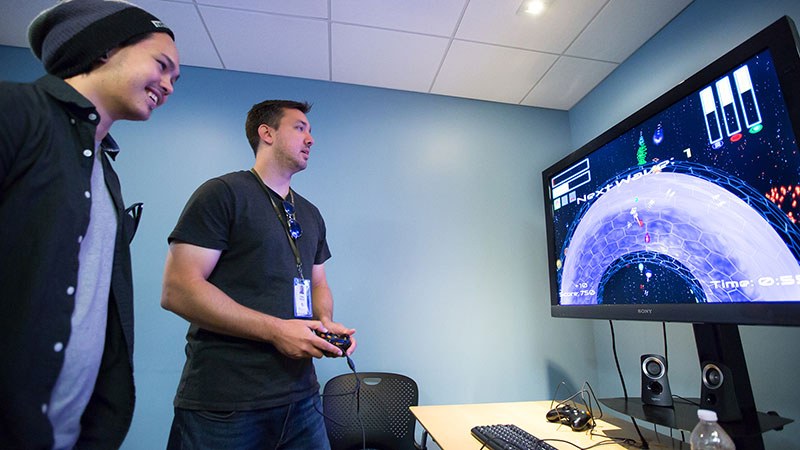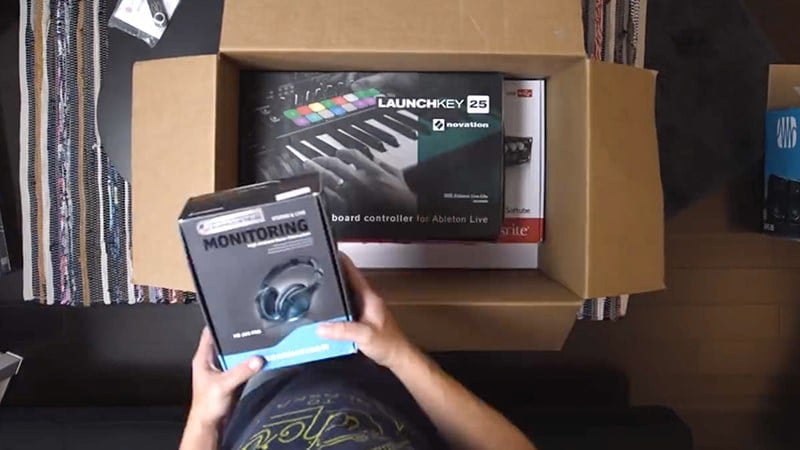Pro Advice
The Rapidly Evolving Landscape of Digital News Production
News media is an industry that’s constantly changing shape and building upon former versions of itself. It’s ubiquitous yet difficult to define, most likely because the exact definition of “news” is rather hard to pin down. Sometimes it’s the retelling of an event, sometimes it’s the anticipation of an event, sometimes it’s just a swell of chatter as folks discuss the idea of an event. And of course, it’s anything in between.
But however we choose to define “the news,” one thing is for certain. The physical logistics - the ways we gather, deliver, and consume it all - have both changed and expanded a great deal in recent years.
There’s still a demand, albeit a dwindling one, for traditional formats like newspapers and tabloids. But our methods of communication today are (nearly) limitless, and it shows. We have podcasts, YouTube, 24-hour news channels, national news sites with streaming video, niche microsites, Twitter, Facebook, Periscope, and more. This rapid evolution has caused serious waves in the journalism and broadcast industries, leading to cutbacks in some areas while creating new opportunities in others.
For more insight about the future of the news industry (and of those who inhabit it), we spoke with experts Michael Koetter and Glenn Osten Anderson, both of whom visited Full Sail’s On Air Studio earlier this year.
Michael, who serves as Senior Vice President of Media Technology and Development at CNN, is among those who determine and lead the company's technical strategies. During his tenure at a CNN, Michael has helped to convert its 3,000-person workforce into a tapeless operation and developed software to bridge gaps across different stages of production.
"I've always really loved the intersection of art and technology and media and computing," Michael says, commenting on the industry's growing need for similarly minded applicants.
"I'm sure you can go to a lot of places and find that they have different departments doing media stuff and IT stuff, but we years ago abolished the line between [those]. If you're a broadcast engineer you have to have your IP certification, you have to be a linux systems administrator. We've gotten rid of a lot of the distinctions. But it's difficult to find people who have media experience and IT experience."
The good news, he notes, is that his company offers training for those willing to learn.
"There's awesome opportunities to explore a lot of dimensions of production at a company like Turner [Broadcasting]," he says. "If you enjoy working in a studio or control room, you can do that. If you enjoy being in the field and telling stories that way, you can do that. If you enjoy being in a high-end post production environment ... Same thing on the tech side. If you gravitate to 'I really love working with production switchers and lighting rigs,' you can very easily slide into saying 'I really dig working with file-based stuff, creative engineering, building post-production systems.'"
In terms of reaching actual viewers and readers, he continues, "We're seeing a lot of the revenue from our company shift into digital. Mobile is gigantic. It's not surprising, but it's happening fast. It's the way the next generation of people want to consume news. They get out their portable device and check out what they want."
The rise of mobile is, of course, much more than a consumer trend; it's also created the concept of user-generated content and breathed new life into citizen journalism, effectively changing how the entire industry sources its stories.
This leads us into the world of Glenn Osten Anderson, Senior Producer for BBC News Social Media, who is tasked with the daily operation of BBC News' social media accounts. It's his job, literally, to utilize the most current digital methods of communication out there - and to anticipate what's coming next. (Glenn also serves as a Program Advisory Committee Member for Full Sail's New Media Journalism degree program.)
"As Facebook and Twitter grew in popularity," he says, "the conversation changed to 'how can we use these social media outlets as news gathering tools?' We can't be everywhere, as much as we try. But because of these phones and computers and handheld cameras, there are whole worlds that are opening up to us, and there are new opportunities there. It's an opportunity to make better connections."
Glenn refers back to the moment he heard about the 2012 shooting in Newtown, Connecticut. "We found out about Newtown on Twitter before we got it from the newswires."
"There are people who are journalists who exist solely in 140 character output," he says. "That's a cool frontier in journalism."
He's hesitant, however, to forecast the future of social media and citizen journalism beyond the next few years. "I think it will evolve. I think what Facebook, Twitter, Instagram, what all these things look like right now might not be what it looks like in ten years."
But he says that no matter what, the foundation of his industry is likely to stay intact. "Real journalism - asking the right questions, meeting the right people, getting the right intel and verifying it - that hasn’t changed," he explains. "We’re just applying it to somewhere else. And I think as long as you keep those principles, getting your sources right, verifying what they're saying, following leads, those aren't going away. It's your ability to apply those to new technologies that is important. Those base skills, I don't think those are ever going to change."
(Below, Glenn talks about applying basic journalistic principles to new technologies.)
Whether you’re ready to apply or just want to learn more about Full Sail University, our Admissions Representatives are here to help. Call us or request more information.

